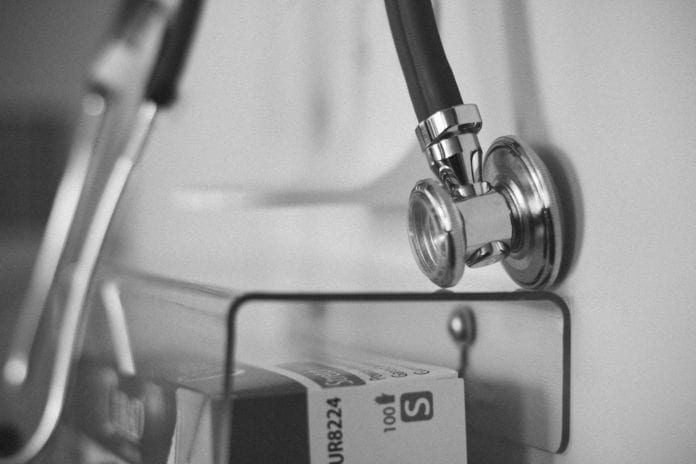It’s Murphy’s Law—“If something can go wrong, it will”—as seen by nurses. Perhaps some of these “oh Lordy I’ve been there” scenarios will sound familiar to you:
- You can please some of the patients all of the time, and all of the patients some of the time, but you just can’t please the family.
- Management truly believes you are overpaid. But they would never work for what they pay you.
- People farthest from your work area are the least needy—and least afraid of pushing the nurse call. Invariably.
- The more minor the injury, the more angry that person is for having to wait. Meanwhile, the little old guy with crushing chest pain says, “Oh, it’s okay, I’ve waited this long already….”
- Your patient is finally absorbing his NG feed after days of aspirating—but he pulls the tube out just before the consultant does his ward round.
- The number of staff to be found on the ward is inversely proportional to the scale of the emergency.
- You’ve just given a patient a meal—pie, roast potatoes and a sponge pudding with custard—when the consultant says the patient is ready for the operation.
- A very healthy patient, when admitted to a very small room, will require a vent, a cooling blanket, hemofilter, six pumps and a digital television before the end of your shift, requiring you to climb over the bed to get out of the room.
- The hospital always sends admissions to your nursing home at change of shift on your weekend on—the physician’s weekend off.
- The lift always breaks down when the 400-pound patient needs to be transferred from one bed to another.
The doctor-nurse relationship…
- You tell your patient, “If you need anything at all, just push the button and I’ll be there.” She smiles and says she’s “Fine, thank you nurse.” The next morning she complains to the physician, “No one came near me all night and I couldn’t sleep because I was in agony.”
- In a life-threatening emergency, the speed of the doctor’s response is inversely proportional to the speed of the patient’s decline.
- That enema you gave four hours ago produces a huge code brown just five minutes before the end of your shift.
- The doctor is just about to examine a patient when you realize you’ve lost your pencil and find a rectal thermometer behind your ear.
- The doctor with the the Handwriting from Hell is the one who makes the worst fuss when disturbed at 3 a.m., usually because his insulin prescription could be…anything.
- You have been working flat all day without even a coffee break, but the moment you sit down, the supervisor walks around the corner and sees you doing nothing.
- You never use foul language, except when the boss is standing behind you.
- When you need the money, your shift is cancelled; when you have a weekend planned, you have to do overtime.
- Realizing the patient you’ve just injected has a serious infection causes you to stab yourself with the used needle.
- A 500-pound patient needs all care while your 80-pound patient needs a finger dressing…and your colleague has a “bad back.”
The curse of the full moon…
- It’s your first night shift in three years. And it’s a full moon.
- You’re doing the “Only 27 more minutes of the shift from hell happy-dance,” only to turn around and see your supervisor standing there.
- In a critical situation, the most highly qualified clinician will offer the most advice and the least support.
- The absurdity of the suggestion is directly proportional to the distance from the bedside.
- As soon as you finish a 30-minute dressing, the doctor will come in and take a look at the wound.
- The disoriented patient always comes from a nursing home whose beautiful paperwork has no phone number on it.
- Your nose will itch the very moment your gloved hands get contaminated with bodily fluids.
- The patient who has been dying all night finally meets his maker 12.5 minutes before shift change.
- You walk out of a patient’s room after you’ve asked her if she needs anything; she will put the call bell on as you are about three quarters of the way down the hall.
- The patient furthest away from the nurses’ station rings the call bell more often than the patient nearest to the nurses’ station.
Share your own murphy's nurse stories in the comments section below.
This article was republished with permission from SCRUBS Magazine.


